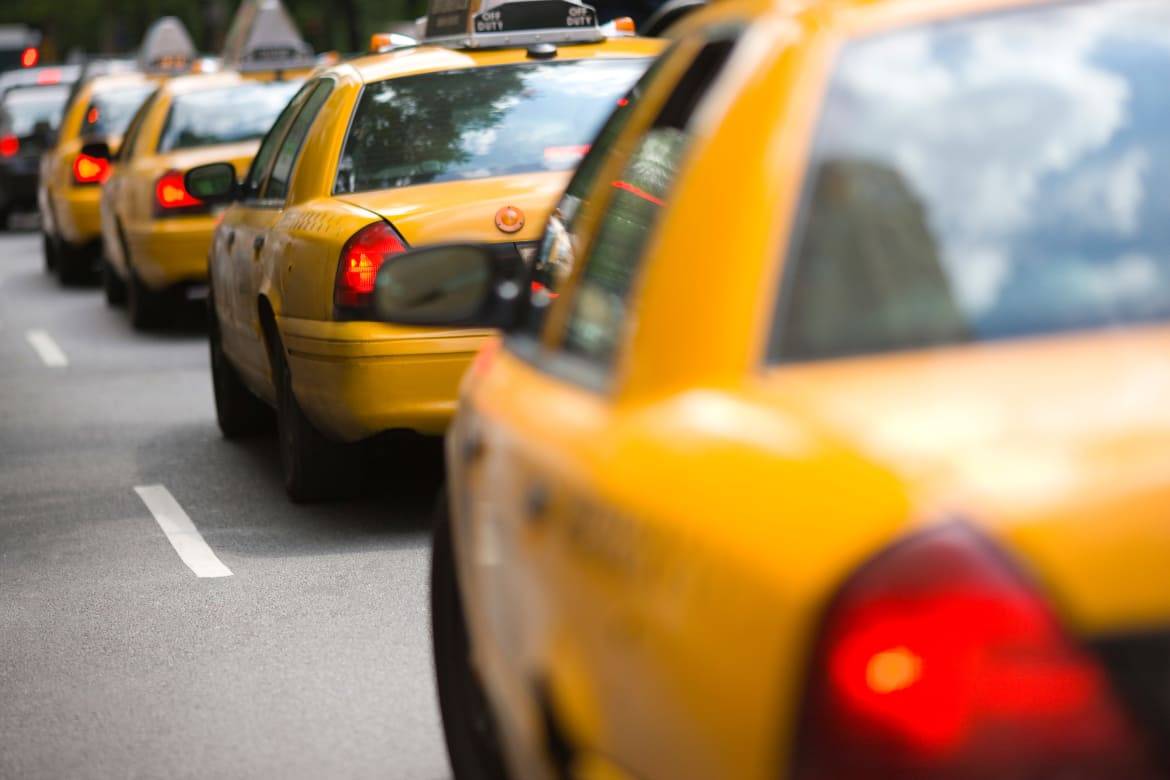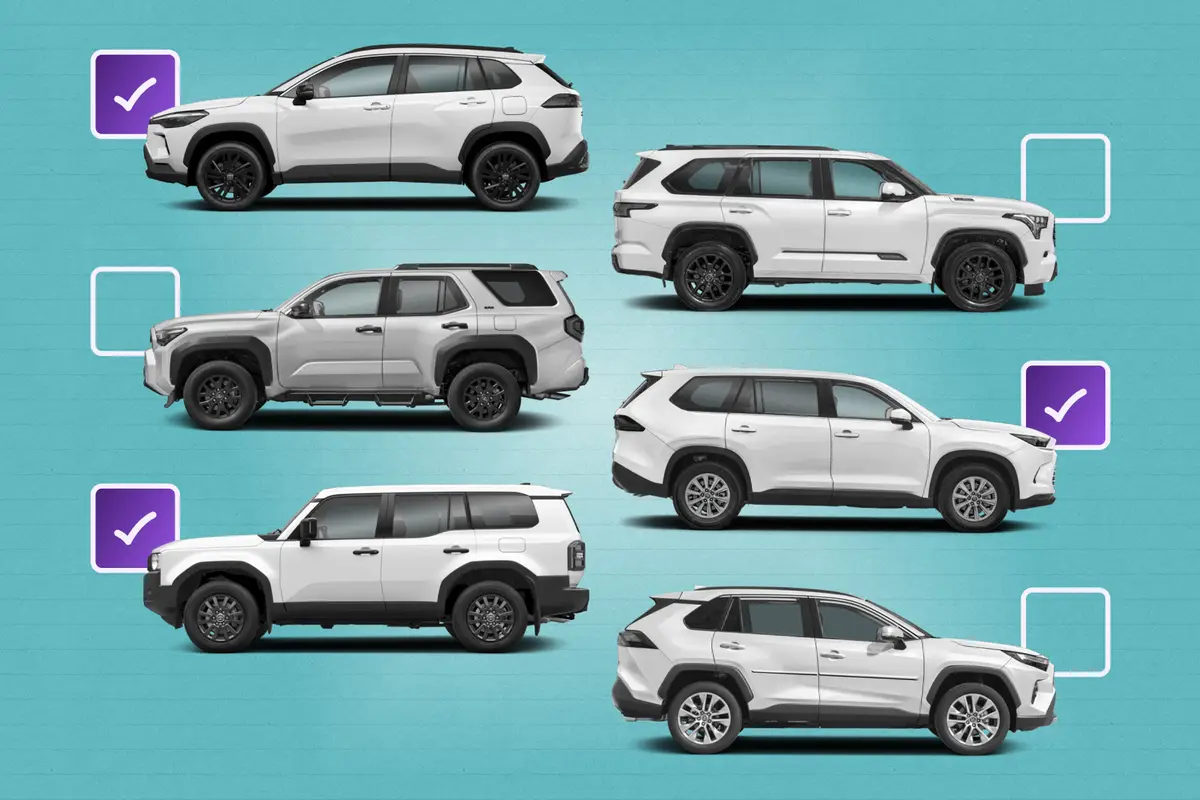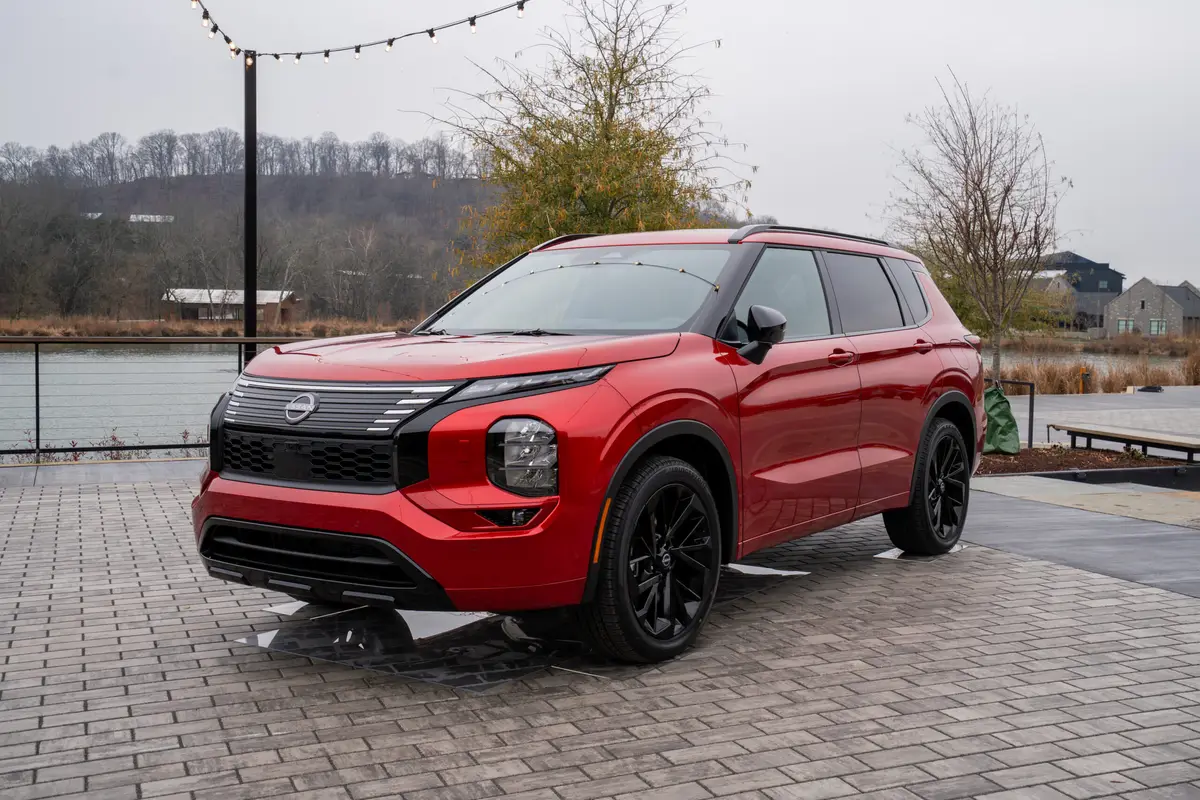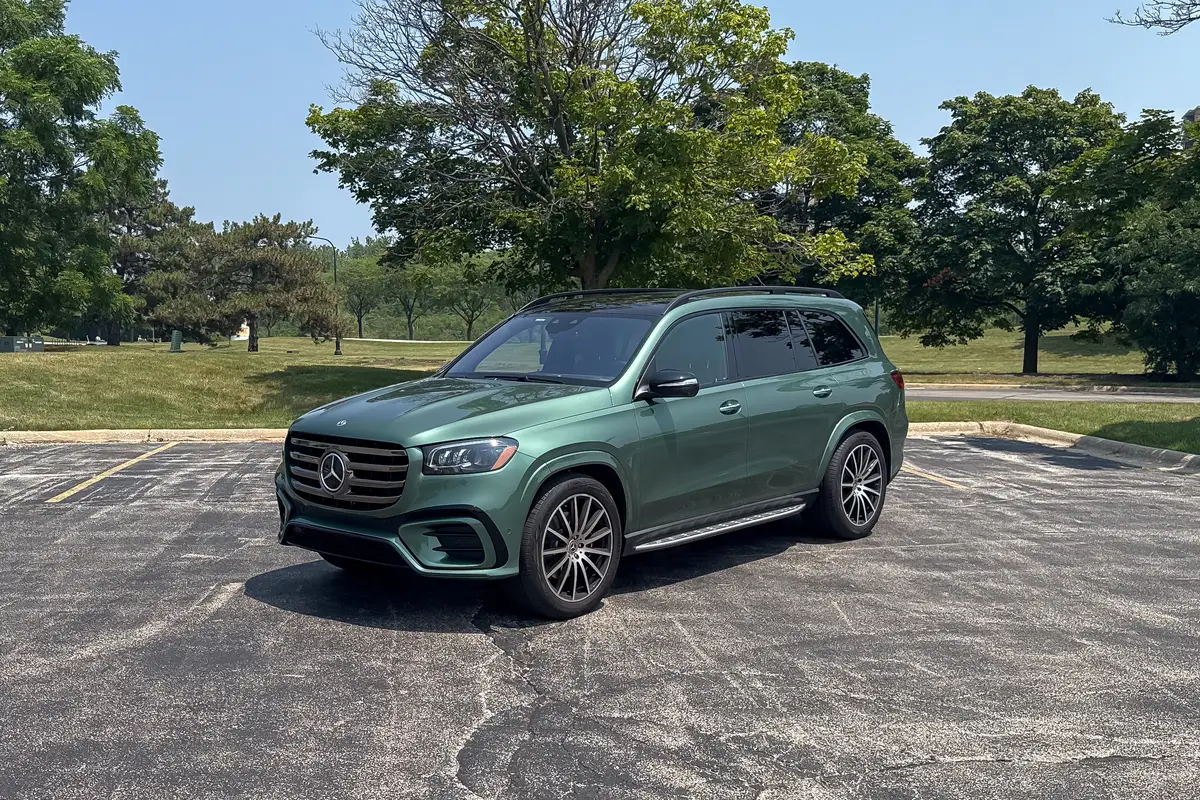Is the Cab, Uber or Lyft You're Getting Into Unsafe?


CARS.COM — If you hail a taxi in this country, you could have as high as a 40 percent chance of getting into one that has not had its federally mandated safety recall work completed, an investigation by Cars.com and several Tegna TV stations has found. That means consumers are riding in vehicles with issues ranging from the benign to the potentially catastrophic.
Related: More Recalls
In reviewing thousands of vehicle identification numbers for taxis in major cities including New York City, Tampa, Seattle and Houston, the investigation found:
- On average, anywhere from 20 percent (in Tampa) to 40 percent (in Seattle) for-hire vehicles whose VIN we checked had at least one outstanding recall. Some of those recalls were issued five or more years ago, and include Takata airbag inflators and Toyota accelerator recalls, among other significant issues.
- In most major cities with large taxi fleets, including Los Angeles, Chicago and Washington, D.C., there are no specific regulations ensuring that taxi owners stay current with recall work.
- In New York City, where officials say they keep a strict eye on the safety of for-hire vehicles, our spot check of 200 for-hire vehicles found that 27 percent had at least one outstanding recall.
- Neither ride-sharing companies Uber nor Lyft requires drivers to ensure that their cars are current with recall work.
Recalls have become a large and growing issue for both automakers and consumers over the past few years, and federal officials take them seriously:
- Starting in June of this year, federal law forces rental car companies to complete recall work before a vehicle can be rented.
- New-car dealers have been barred for some time from selling new cars with pending recalls.
- The federal government, under fire from lawmakers, has stepped up its enforcement of recall timing rules, hitting Toyota in March 2014 with a $1.2 billion fine for concealing defects from the public and safety officials. That action led to a big increase in the number of recalls issued by all automakers, making it harder for any vehicle owner to stay current with required recall work. BMW was recently hit with a $40 million fine, while Fiat Chrysler Automobiles was hit with a roughly $100 million fine — both for issuing recalls too slowly.
What Did We Find?
Cities with large taxi populations take different approaches to how they regulate for-hire vehicles with regard to getting recall work done:
In New York City: “Since the universe of vehicles used for taxicabs in New York City is fairly limited, we’ve always found it more efficient to work directly with the manufacturers, ensuring both that they have accurate information on our licensees to support their outreach efforts,” said Allan Fromberg, deputy commissioner for Public Affairs for the city’s Taxi & Limousine Commission. “This also allows us to request and receive from them a list of satisfied recall repairs from among our licensees.” Despite that, a spot check of 200 for-hire vehicles found:
- 27 percent had outstanding recalls, including some for Takata airbag inflators and Toyota accelerators
- A large number of them (13 percent) were Ford Motor Co. vehicles facing a recall over steering columns that could fall apart because of corrosion
- 3 percent of vehicles had more than one recall outstanding; one vehicle had five outstanding recalls going all the way back to 2011
- 20 percent of the taxis checked have recalls that were issued at least two years ago
Related: Recall Basics: Everything You Need To Know
In Seattle: KING-TV checked the VINs of nearly 1,600 for-hire vehicles and found:
- 40 percent of for-hire vehicles had at least one open recall pending
- 74 percent are Toyota Prius hybrids, and they accounted for 82 percent of outstanding recalls
In Tampa: The city does not have any regulations requiring taxis to keep current with recalls. In checking the VINs of the city’s 588 taxis and other for-hire vehicles, WTSP-TV found:
- 20 percent of for-hire vehicles have outstanding recalls, most for ignition/engine shutoff issues or other safety issues
In Houston: TV station KHOU did a spot check of 120 for-hire vehicles, including cabs, Uber and Lyft cars. They found:
- 31 percent all of vehicles had an outstanding recall
- 48 percent of taxis checked did
In San Francisco: Taxis are required to be “maintained in a safe working condition” and are inspected annually if the odometer is less than 200,000 miles, and inspected every six months if vehicle mileage exceeds 200,000 miles. Paul Rose, chief spokesman for the city’s Municipal Transportation Agency, said in an email, “Recalls would be covered in the six-month or yearly check. If there is an immediate recall request, then companies would have to adhere to that.”
In Chicago: Taxi medallion license holders must keep their vehicles “in an undamaged and safe condition,” said Angel Hawthorne, spokesperson for the city’s Department of Business Affairs and Consumer Protection, in an email. Hawthorne said the license holder “is responsible for ensuring the vehicle is in compliance with manufacturer recall notices.”
In Washington, D.C.: Vehicles are inspected by the city once a year and will be banned from use if found to be “mechanically unsafe, improperly equipped, or otherwise unfit to be operated,” but a check for outstanding recalls is not specified in regulations cited by Neville Waters, spokesman for the city’s Department of For-Hire Vehicles.
Related: Why Can Dealers Sell Used Cars With Unfixed Recalls?
In Los Angeles: Although the city can take a vehicle immediately out of service if it is found to be operating in an unsafe manner, officials are not specifically reviewing records to see if taxis are up to date with all recall work. Depending on the type of defect, said L.A. Department of Transportation spokesman Russell Hasan in an email, removal from service could involve unresolved recall issues. Additionally, taxicab companies are required to continuously update and maintain all maintenance and repair records. City officials have the right to examine these records upon request, Hasan said.
Uber: The ride-sharing company doesn’t specifically require drivers to show they’re current with recall work. “We regularly provide resources to driver-partners and encourage them to check for recalls and to perform routine maintenance,” spokeswoman Brooke Anderson said in an email.
Lyft: This ride-sharing company doesn’t require its “peer-to-peer” drivers to show they’re current with recall work. “Lyft drivers use their personal vehicles to drive on the platform — the same car they use in their daily lives, driving their kids to school or friends around town,” spokeswoman Alexandra LaManna said in an email. “Drivers have a strong personal incentive to make sure their car is in a safe operating condition. In addition to a safety inspection, drivers make a continuous representation that their vehicle meets the industry safety standards and all applicable state department of motor vehicle requirements of its kind.”
Why Does It Matter?
Many of these for-hire vehicles we found face recalls for serious problems. Several have recalled Takata airbag inflators in them; the inflators can explode with too much force, turning some airbag parts into shrapnel that can be launched into the passenger cabin. Eleven people in the U.S. have been killed as a result of these airbag inflators, the federal government says. This massive recall is particularly difficult for service providers and regulators because millions of vehicles are being recalled before there are replacement parts available to fix them. Other issues involved in recalls include problems with the software that controls when and how forcefully airbags deploy, spare tires that could break loose and more.
What Can Consumers Do?
If you’re getting into a cab, there’s not much you can do immediately except follow proper procedure to stay safe: Sit in the backseat, belt yourself in and pay attention to what your driver is doing. Beyond that, consumers can ask local officials — which is typically where for-hire vehicles are regulated — to create rules to ensure that recall work is done in a timely manner by vehicle owners. Finally, consumers can use this opportunity to check to see if their own vehicles have any outstanding recalls here.
Cars.com Washington, D.C. Bureau Chief Fred Meier contributed to this report.

Former editor-in-chief Patrick Olsen was born and raised in California. He loves pickup trucks and drivers who pay attention.
Featured stories



